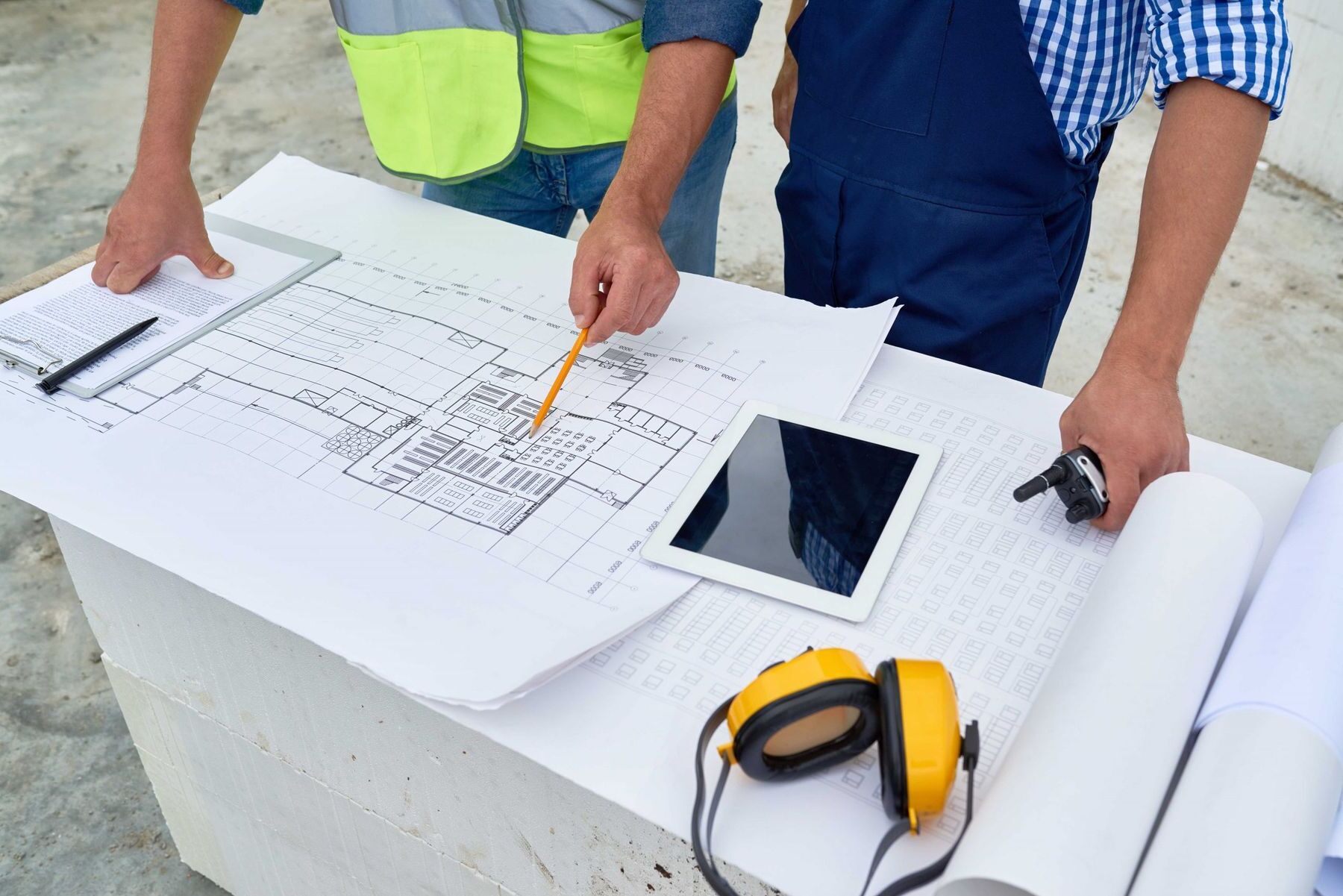
Building codes might seem like a bunch of rules, but they play a huge role in keeping us safe. Ever wondered why your house stands firm during a storm or why fires don’t spread as quickly in modern buildings? It’s all thanks to these regulations. Building codes ensure structures are safe, energy-efficient, and accessible. They cover everything from electrical wiring to plumbing, making sure every part of a building meets safety standards. Without them, our homes, schools, and offices would be much riskier places. Ready to learn some cool facts about these essential rules? Let’s dive into the world of building codes!
Key Takeaways:
- Building codes are like rules for building safety. They help prevent disasters, ensure fire safety, promote energy efficiency, and make buildings accessible for everyone. They're important for keeping people and property safe.
- Building codes are always changing to keep up with new technology and challenges like climate change. They're also getting more global, focusing on sustainability, and incorporating smart building systems.
What Are Building Codes?
Building codes are essential for ensuring the safety, health, and general welfare of the public. They set the standards for construction, design, and materials used in buildings. Here are some fascinating facts about building codes:
-
Building codes date back to ancient times, with the earliest known codes found in the Code of Hammurabi from Babylon around 1754 BC.
-
Modern building codes in the United States began with the establishment of the National Building Code in 1905.
-
Building codes are updated regularly to incorporate new technologies, materials, and safety practices.
-
The International Code Council (ICC) publishes the International Building Code (IBC), which is widely adopted across the U.S. and other countries.
Why Building Codes Matter
Building codes play a crucial role in protecting lives and property. They ensure that structures are safe and resilient. Here are some reasons why building codes are important:
-
Building codes help prevent structural failures during natural disasters like earthquakes, hurricanes, and floods.
-
They ensure fire safety by regulating materials, construction methods, and fire suppression systems.
-
Building codes promote energy efficiency, reducing the environmental impact of buildings.
-
They ensure accessibility for people with disabilities, making buildings usable for everyone.
How Building Codes Are Developed
Developing building codes is a collaborative process involving various stakeholders. Here’s how it works:
-
Building codes are developed by committees of experts, including architects, engineers, builders, and government officials.
-
Public input is often sought during the development process to ensure that codes meet the needs of the community.
-
Codes are reviewed and updated every three years to keep up with advancements in technology and construction practices.
-
Local governments adopt and enforce building codes, sometimes with modifications to address specific regional needs.
Common Building Code Violations
Despite the importance of building codes, violations are common. Here are some frequent issues:
-
Failing to obtain the necessary permits before starting construction.
-
Using non-compliant materials that do not meet code standards.
-
Improper electrical wiring, which can pose serious fire hazards.
-
Inadequate ventilation, leading to poor indoor air quality.
Interesting Facts About Specific Building Codes
Certain building codes have unique and interesting aspects. Here are some examples:
-
In San Francisco, buildings over 75 feet tall must have a rooftop helipad for emergency evacuations.
-
New York City’s building code requires that all new buildings have bird-friendly glass to prevent bird collisions.
-
In Japan, building codes mandate that structures be designed to withstand earthquakes, leading to innovative engineering solutions.
-
Some European countries have strict codes for energy efficiency, requiring buildings to meet nearly zero-energy standards.
The Impact of Building Codes on Construction Costs
Building codes can influence the cost of construction. Here’s how:
-
Compliance with building codes can increase construction costs due to the need for higher-quality materials and labor.
-
However, building codes can also lead to long-term savings by reducing maintenance costs and improving energy efficiency.
-
Non-compliance with building codes can result in fines, legal issues, and costly repairs.
-
Insurance companies often offer lower premiums for buildings that meet or exceed code requirements.
The Future of Building Codes
Building codes continue to evolve to address new challenges and opportunities. Here’s what the future holds:
-
Building codes are increasingly focusing on sustainability, with requirements for green building practices and renewable energy integration.
-
Advances in technology, such as smart building systems, are being incorporated into building codes.
-
Climate change is driving updates to building codes to ensure resilience against extreme weather events.
-
There is a growing emphasis on performance-based codes, which focus on the outcomes of building performance rather than prescriptive requirements.
-
Building codes are becoming more harmonized globally, facilitating international construction projects and trade.
Building Codes Matter More Than You Think
Building codes aren't just rules; they're lifesavers. They ensure structures stand strong against natural disasters, protect us from fire hazards, and make buildings accessible for everyone. Ignoring these codes can lead to unsafe conditions, costly repairs, and even legal trouble.
Understanding and following building codes can save lives and money. They evolve with new technology and materials, so staying updated is crucial. Whether you're a homeowner, contractor, or just curious, knowing these facts helps you appreciate the importance of these regulations.
Next time you see a construction site or plan a renovation, remember the role building codes play in keeping everyone safe. They're the unsung heroes of the construction world, working behind the scenes to ensure our buildings are safe, efficient, and accessible.
Frequently Asked Questions
Was this page helpful?
Our commitment to delivering trustworthy and engaging content is at the heart of what we do. Each fact on our site is contributed by real users like you, bringing a wealth of diverse insights and information. To ensure the highest standards of accuracy and reliability, our dedicated editors meticulously review each submission. This process guarantees that the facts we share are not only fascinating but also credible. Trust in our commitment to quality and authenticity as you explore and learn with us.


